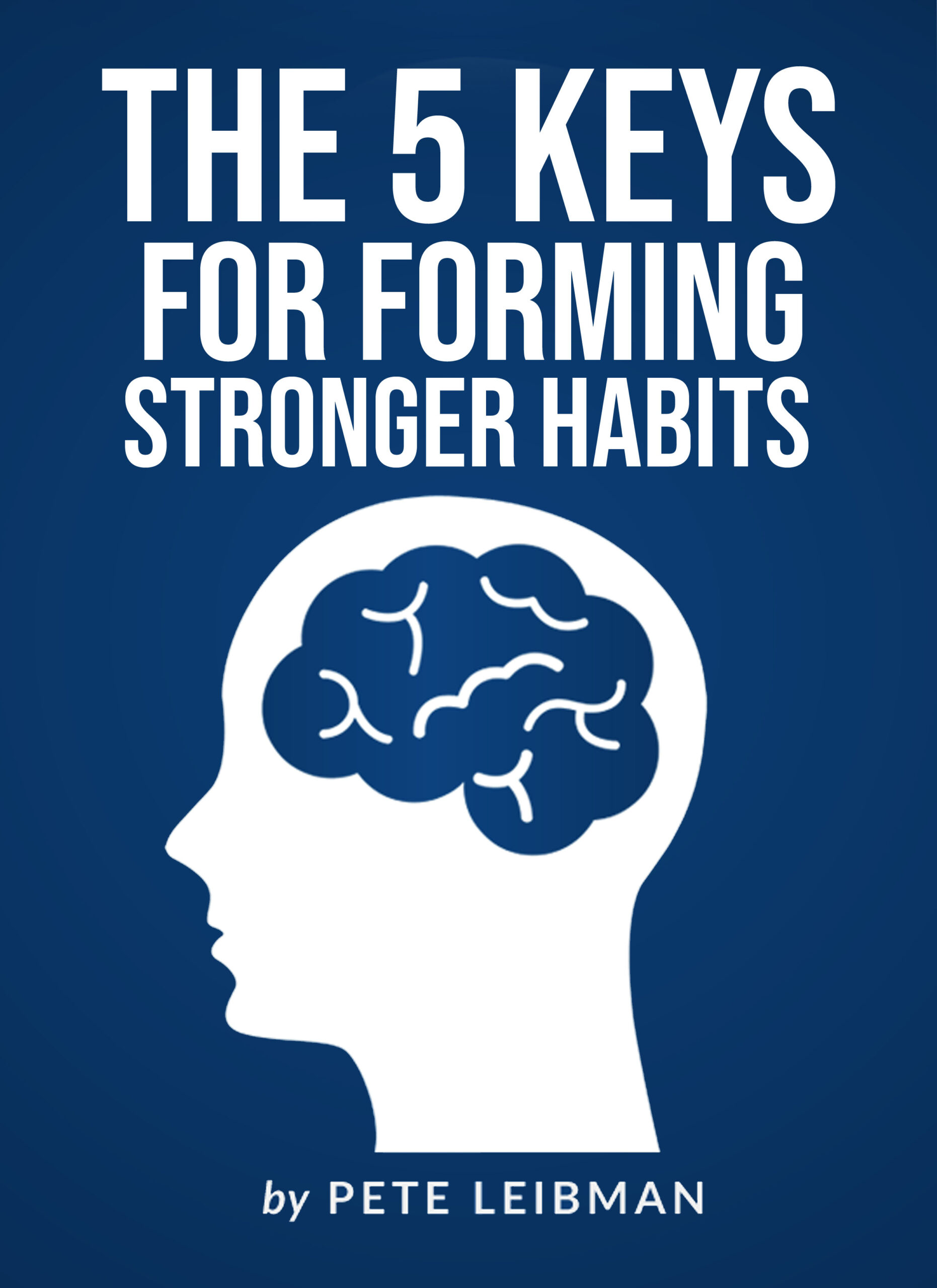I was at the gym for a lower body strength training workout. After finishing my warm-up, I was preparing to do three heavy sets of barbell squats, with a short break in between sets.
For the last few months, I had been squatting a certain weight for three sets of 8-10 reps. The point of this story is not how much weight I can squat, so I’ll leave out the actual number. However, it was a significant amount of weight for someone of my size.
In a few months, I was planning to do a fitness test to see how many reps I could complete for a barbell squat with that weight. I decided to do a quick check-in that day. Doing 8-10 reps with this weight was difficult, but it was never an all-out effort for me. So, I set a goal that day to get at least 12 reps for my first set.
I began the set, and the first eight reps were very smooth. The next four reps were harder, but I completed them as well. After I completed the 12th rep, the 13th rep actually felt easier than any of the prior reps, probably because the pressure was off, and it felt like extra credit. Rep 14 was definitely harder though. Then, rep 15 was even harder. I probably could have done a few more, but I decided to stop at 15 reps.
Two months later, I did 20 reps in one set at that same weight. That was extremely difficult, but if my life had depended on it, I could have done even more. As a reminder, this was all at a weight that I typically only tried to complete 8-10 reps with.
Artificial Limits
I have been lifting heavy weights every week for over 15 years, and I am obsessed with trying to get stronger in every possible way. That’s the purpose of my web site- StrongerHabits.com.
Yet, even given my focus on this topic, the story above shows that I still grossly underestimated what I was really capable of. It’s not the first time that I have done it, and it will not be the last time either.
All of us (you, me, and everyone else) significantly underestimate how strong we really are- physically, mentally, and psychologically. We all have no idea what we are truly capable of, if we set the bar high and go all in.
Of course, there are actual limits with anything in life. However, most people set the bar way too low and construct all sorts of artificial limits on what they can accomplish- today and in the future. We all place artificial limits on ourselves- how much weight we can lift, what we can accomplish at work, which habits we can make or break, and so on.
Challenge
Here is a challenge for you: Pick one area of your life where you would like to improve, and identify an artificial limit that you have placed on yourself. What have you told yourself (consciously or subconsciously) is not possible? Where have you allowed yourself to plateau or even regress?
Sometimes, simply recognizing an artificial limit might be enough to overcome it, as shown in my example above. Other times, you will need to create a more detailed plan to get past your fake barrier. Either way, if you want to reach the next level in your life or career, changing your mindset is the first and most important step.
P.S. If you enjoyed this article, check out my free 40-page eBook and newsletter below.

Free eBook and Newsletter
Download my free 40-page eBook on “The 5 Keys for Forming Stronger Habits.”
You’ll also receive my free weekly newsletter on how to become your strongest self.
Your email is safe. Unsubscribe anytime.
About the author: Pete Leibman is the Creator of StrongerHabits.com. He is a best-selling author, keynote speaker, executive recruiter, athlete, and peak performance coach. His work has been featured on Fox News, CBS Radio, and CNNMoney.com, and over 500,000 people across the world have read his articles.

